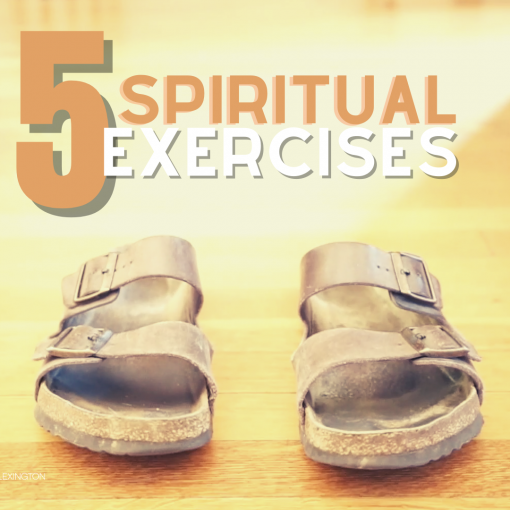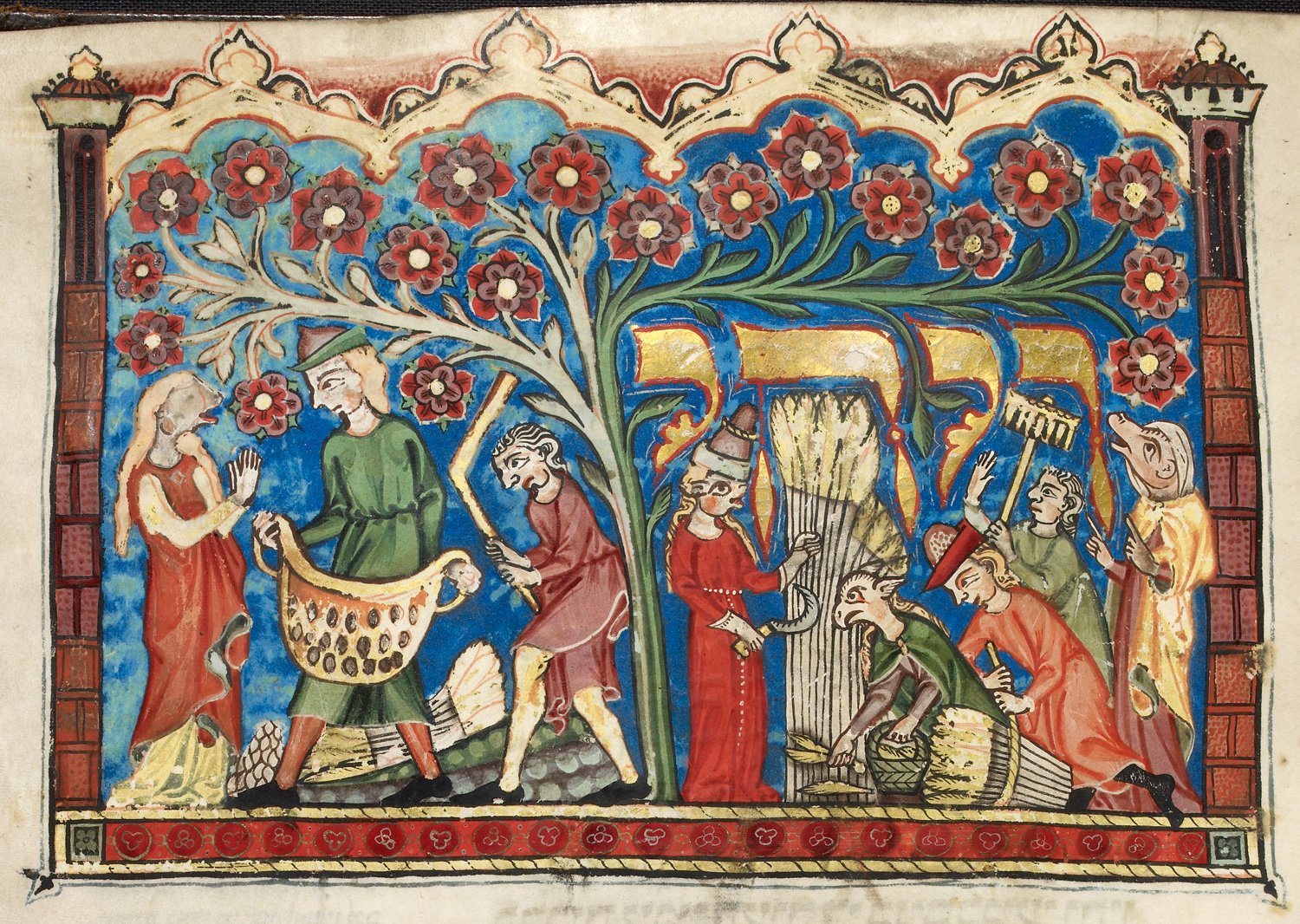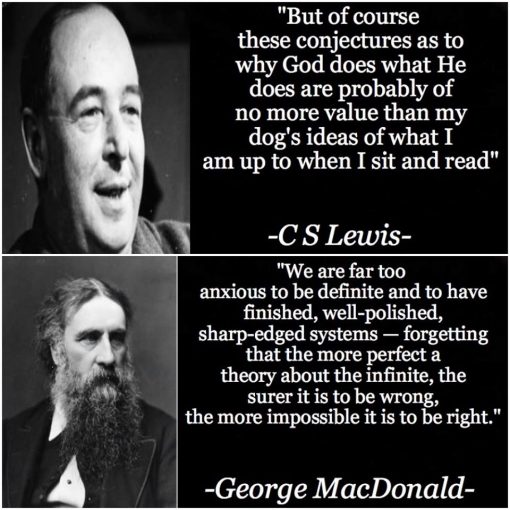I am trying to be very open about the proceedings and musings coming out of Lambeth, but I can’t help but snipe (at all sides). The following is from Larry Benfield, the bishop of Arkansas. He reflects upon the opening Eucharist.
Another highlight was the sermon given by the Rt. Rev. Duleep de Chickera, the bishop of Colombo (Sri Lanka). He reminded all of us bishops that we do not come to the Lambeth Conference as independent agents; we can only come with our people. He said that we are being called to do three things as Anglican bishops. First, we are to exercise self scrutiny, always to be cognizant of the truth that it is too easy to look for the tiniest of flaws in our brothers and sisters while ignoring grave ones in ourselves. Second, we are called to be people who live with unity in diversity. He said that there is room in the church for all, regardless of race, gender, or sexual orientation. Third, he said that Anglicans are called to be prophetic. In particular, we are to be the voice for the voiceless and call the institutions of the world to task.
I don’t keep a scorecard so I don’t know Benfield or his views (his blog is fairly light) so my comments are not directed at him or perhaps even de Chickera. What this summary of the sermon (which I read this morning here and in which, in fairness to de Chickera, he does not list these three points as “things to which Anglican bishops are called”) brings to my mind is the question of calling and purpose.
Each of us will have our own specific calling to anything. A group of us get together at SBL and we may all be professors of Hebrew Bible, but we all teach in different settings, different institutions, to different audiences, and so on. But we have a common purpose, to teach the Hebrew Bible. With those in ordained ministry there is still a great amount of breadth yet there is also a very clear baseline, that of the ordination and consecration service itself. The examination of a candidate clearly presents what it is to which they were called, at a minimum. In the case of a bishop in the Episcopal church it is this:
A bishop in God’s holy Church is called to be one with the apostles in proclaiming Christ’s resurrection and interpreting the Gospel, and to testify to Christ’s sovereignty as Lord of lords and King of kings.
You are called to guard the faith, unity, and discipline of the Church; to celebrate and to provide or the administration of the sacraments of the New Covenant; to ordain priests and deacons and to join in ordaining bishops; and to be in all things a faithful pastor and wholesome example for the entire flock of Christ.
With your fellow bishops you will share in the leadership of the Church throughout the world. Your heritage is the faith of patriarchs, prophets, apostles, and martyrs, and those of every generation who have looked to God in hope. Your joy will be to follow him who came, not to be served, but to serve, and to give his life a ransom for many.
The examination continues from there with a series of questions but you get the sense of it. “To guard the faith, unity, and discipline of the Church” is foremost in this intitial statement. I have little doubt that many if not all the bishops currently present at Lambeth believe they are seeking to do that, but are they? Do they seek to preserve unity while alowing the faith to be compromised? Do they defend the faith at the risk of losing unity? And is there ever any discipline? I just don’t know.




